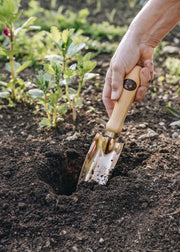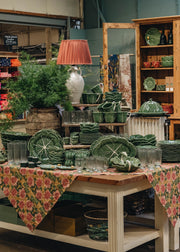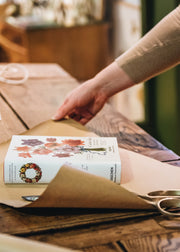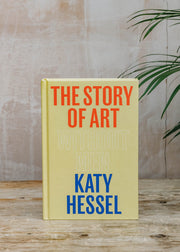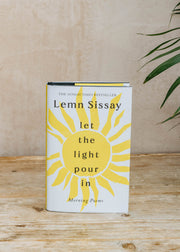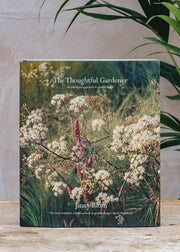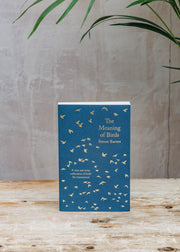In Review: Secret Voices, A Year of Women's Diaries
Annually marked on March 8th, International Women’s Day is a global celebration of women’s achievements whilst also reiterating the ongoing need for gender parity and inclusion. Although women have often fought to have their voices heard, through the power of the written word we are able to examine the life experiences of women through the ages, as is revealed in our Cover to Cover this month - ‘Secret Voices, A Year of Women’s Diaries’.
Divided into days of the year, ‘Secret Voices, A Year of Women’s Diaries’ forms a collection of extracts taken from women’s diaries, spanning over four centuries, from Virginia Woolf relishing her new haircut and Oprah Winfrey meditating on her career, to Emilie Davis chronicling the death of Abraham Lincoln and teenage Ma Yan yearning for education in poverty-stricken China. The anthology reveals a fascinating insight into the lives of women all over the world, from a range of backgrounds, living in different times.

The editor, Sarah Gristwood, reveals that the strongest emotions voiced in her anthology are anger and frustration; emotions that our cultural norms have often only allowed women to express in private. The diary is often seen as the repository of ‘thoughts that cannot be spoken aloud’ and, throughout history, women have taken to detailing their beliefs, emotions and reactions to life on paper. With the preservation of diaries historically weighted towards the literate white middle/upper classes, Sarah has undertaken extensive research, both at home and abroad, to reveal a more balanced portrait in this collection. Some of the 100 diarists are well known, others lesser so, with entries covering universal themes that often echo conversations today – from sexuality and identity, childbirth and family, travel and adventure, to sickness, the changing seasons, marriage, menopause and money.
The book is ideal for dipping into – either at will or by following the chronological timeline - and will provoke both despair and laughter in equal measure, as we enter the personal sphere of a woman caught in a certain time and place and hear her own unique voice.
Mini biographies for the diarists make interesting reading and are included in the source material, encouraging you to continue the dialogue. As Sarah Gristwood says, ‘If the end result were to send readers back to check, to explore further in the original, this anthology would indeed have served its purpose’.
‘The gnats kept Arabel and me and half the house besides up half the night: witness my swelled finger- witness this eccentric writing. I will gnat sleep in that room again, until the weather changes.’
Elizabeth Barrett (Browning), 1831
